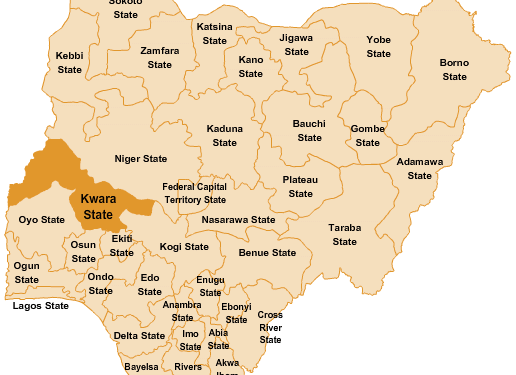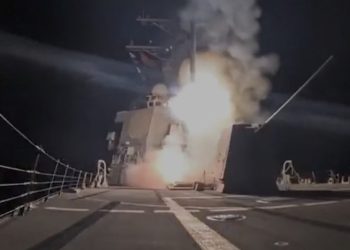The alarming spread of insecurity into Kwara State and across the North-Central is a stark reminder that Nigeria’s battle against terrorism is far from over.
Indeed, Nasarawa State Governor, Abdullahi Sule, alerted the country afresh on the emergence of a new terrorist group known as Wulo Wulo. This should neither be dismissed nor treated with kid gloves.
The group, reportedly a splinter faction of Boko Haram, is said to be extending its reach beyond the North-East, signalling yet another dangerous evolution in the country’s long-running security crisis.
Sule, during an expanded state security council meeting in Lafia recently, revealed that the Wulo Wulo faction has begun to gain ground in parts of the North-Central, particularly in Kwara State.
He expressed concern that the group, which reportedly originated around Kebbi and Sokoto states, has now become prominent in Kwara and could spread further southwards if not urgently contained. His concern is both valid and timely.
The security situation in the North-Central has worsened considerably, with incidents of banditry, kidnapping, and communal clashes escalating in recent months.
In September, in the Oke-Ode community in the Ifelodun LGA of Kwara State, 12 persons, including the Baale of Ogbayo, were killed by terrorists. This incident, among others, underscores the gravity of the threat of insurgency in the state.
According to the state police command, armed assailants invaded the community in the early hours, shooting sporadically and targeting members of the local vigilante. Although five suspects have been arrested, the scale and frequency of such attacks demand a more robust and coordinated response from security agencies.
Apart from Kwara, Niger State is also under siege by terrorists.
Terrorism gained prominence in 2009 when the Boko Haram Islamic insurgency exploded in the North-East. The rage has claimed 100,000 lives, according to former Borno Governor and Vice-President, Kashim Shettima.
In April 2014, jihadists captured 276 schoolgirls in Chibok, Borno State, during their School Certificate Examinations.
The emergence of Wulo Wulo is a sobering development that demands urgent, coordinated, and sustained action. The North-Central cannot be allowed to degenerate into another epicentre of terrorism.
The time for rhetoric has passed; what is required now is a strategic and uncompromising offensive that restores safety, protects livelihoods, and reinforces public confidence in the Nigerian state.
In response to Sule’s alarm, the Director of Defence Media Operations, Markus Kangye (a major-general), pledged that the Defence Headquarters would pursue and neutralise the Wulo Wulo faction.
While this assurance is welcome, Nigerians have heard similar promises in the past, often followed by a temporary lull before violence resurfaces elsewhere. It is time to move beyond reactive deployments and empty rhetoric to sustained, intelligence-led operations that yield measurable results.
The economic implications of this growing insecurity are equally dire. As noted by Kwara-based agribusiness entrepreneur Ibrahim Toyeeb, the recent wave of attacks has endangered livelihoods and threatened the region’s fragile economy.
Kwara South, known for its agricultural productivity, risks becoming an economic wasteland if insecurity persists. The displacement of farmers and the destruction of farmlands will exacerbate food insecurity and deepen poverty, further fuelling instability.
To reverse this downward spiral, Nigeria must adopt a multi-pronged approach to tackling insecurity. First, intelligence gathering and inter-agency coordination must be strengthened.
The country’s security architecture remains plagued by fragmentation, duplication of duties, and poor information sharing.
Second, border and forest control should be prioritised, as many armed groups operate from ungoverned spaces and porous frontiers. Technology-driven surveillance, including drone monitoring, can enhance early detection and rapid response.
There is a pressing need to address the socio-economic roots of violence. Poverty, unemployment, and lack of education have made many young Nigerians vulnerable to recruitment by criminal and extremist groups. The Nigerian government must integrate economic empowerment and education initiatives into its broader security strategy.
Additionally, regional collaboration among the North-Central states is crucial. A joint security task force, supported by federal agencies, can help pool resources, share intelligence, and coordinate responses across state boundaries.
Establishing state police will also enhance public cooperation and the effectiveness of security operations.
Lastly, the Federal Government must ensure accountability and transparency in security spending. Nigerians deserve to know how much is allocated to defence and how effectively it is being used.
















































